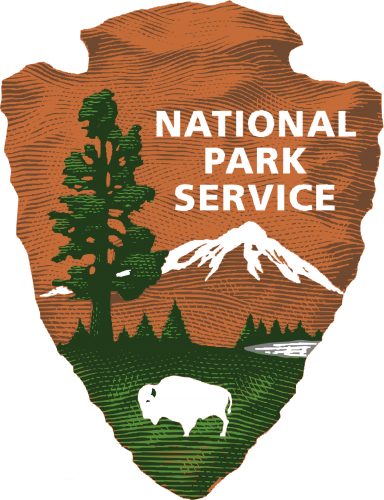WASHINGTON (BRAIN) — The National Park Service, facing a lawsuit from conservation groups for allowing e-bikes on non-motorized trails, disbanded a bike-industry group that has been accused of secret lobbying for that access.
The Public Employees for Environmental Responsibility and a coalition of conservation groups are suing to restore a ban on e-bikes on NPS non-motorized trails. According to the suit, the E-bike Partner & Agency Group's meetings with the staff of Interior Secretary David Bernhardt and Deputy NPS Director P. Daniel Smith violated the Federal Advisory Committee Act, which requires transparency to prevent secret lobbying.
"This e-bike call will conclude our 'Partner and Agency' calls. ... This is to ensure that we avoid any conflict with the Federal Advisory Committee Act," said an email from an NPS official to colleagues dated Oct. 9 and obtained by PEER through the Freedom of Information Act.
In another email obtained by PEER, a U.S. Forest Service official expressed concern about the meetings because they were not open and didn't include anyone outside e-bike and mountain bike advocates.
The lawsuit, filed earlier this month, contends the group did not give public notice of its meetings. PEER said the group included only e-bike and mountain biking advocates.
The International Mountain Bicycling Association initially said it participated in quarterly interagency and partner e-bike meetings. It later clarified that those meetings were with the E-bike Partner & Agency Group.
"As a nonprofit educational organization representing mountain bikers, not the bicycle industry, IMBA engages with the federal government on many levels," IMBA said in a statement to BRAIN. "IMBA was an invited participant in quarterly interagency and partner e-bike meetings. IMBA participated to represent and protect access for traditional, non-motorized mountain bikes, to be an educational resource, and to advocate for the importance of public process and independent management of e-MTBs.
"IMBA's e-MTB position emphasizes the need for e-MTBs to be managed separately from traditional mountain bikes and encourages a public process to determine where e-MTB access is appropriate."
PeopleForBikes issued a statement to BRAIN, saying it has worked with policymakers for several years on e-bike access.
"PeopleForBikes took the lead in 2014 to educate federal, state, and local policymakers on the e-bikes and the manner in which they are addressed in a variety of policy sectors. An important objective of this work is to synchronize terms and policies across government entities so that access rules are easy for everyone to understand. Federal land management agencies are critical to this evolution, as many of the best biking experiences in the U.S. are on federal public lands.
"Since September 2017, PeopleForBikes has provided education and outreach on electric bicycles to land managers and nonprofit partners ultimately charged with understanding and/or managing their use. These stakeholder groups expressed interest and knowledge gaps in e-bike demographics; sales data; use patterns; research and statistics; and policies across states, localities, and agencies. Our groups met to share knowledge around these topics. We were joined by numerous nonprofit organizations who provided their opinions and expertise on recreation management specific to e-bike use."
The Adventure Cycling Association also was part of the E-bike Partner & Agency Group but would not comment on the lawsuit or the group's disbanding.
An NPS spokesperson said the service disagrees with the lawsuit's premise and didn't respond to a request to comment on dissolving the e-bike group.
The lawsuit filed in District of Columbia District Court claims that the Park Service violated its own regulations that may not be set aside by administrative fiat; improperly evaded legally required environmental reviews; and came from an official, Smith, who lacked the authority to issue such an order.
In August, the Department of Interior ruled all classes of e-bikes will be regulated as traditional pedal bicycles on non-motorized federal lands, which includes the NPS and Bureau of Land Management. That decision allows agencies to regulate e-bikes as they see fit, just like with traditional bikes.
Co-plaintiffs are Wilderness Watch, Marin Conservation League, Environmental Action Committee of West Marin, Save Our Seashore, and three impacted individuals.
This is the second lawsuit against allowing e-bikes on non-motorized trails in the past two months. A group of trail and forest advocates sued the U.S. Forest Service in October for allowing Class 1 e-bikes on non-motorized trails in the Tahoe National Forest in California without first conducting a public study. While the Department of Interior oversees the NPS, the Department of Agriculture has jurisdiction over the forest service.
Class 1 e-bikes are pedal assist only with no throttle and have a maximum powered speed of 20 mph.


